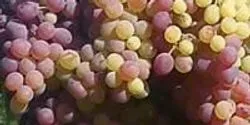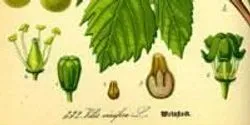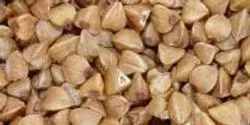Food & Beverage

The Institute of Food Technologists (IFT), a non-profit scientific society of food scientists, technologists and related professionals from academia, government and industry, today announced that registration for the IFT Annual Meeting & Food Expo® in New Orleans, June 21-24 at the New Orleans Morial Convention Center, is now officially open.

University of Adelaide researchers have developed a new web-based tool to help unlock the complex genetics and biological processes behind grapevine development.

University of Adelaide research has shown for the first time that grape seed can aid the effectiveness of chemotherapy in killing colon cancer cells as well as reducing the chemotherapy's side effects.

For businesses, the costs of food and beverage recalls are significant and extend far beyond the hard costs of pulling product off shelves and scrapping inventory. Erosion of consumer confidence and loss of brand equity have consequences that are much farther-reaching and infinitely more costly.

University of Adelaide researchers are using nanotechnology and the fossils of single-celled algae to develop a novel chemical-free and resistance-free way of protecting stored grain from insects.

The science of nutritional genomics is an emerging discipline and holds potential for targeting dietary intervention that may affect health, according to a new position paper from the Academy of Nutrition and Dietetics.














